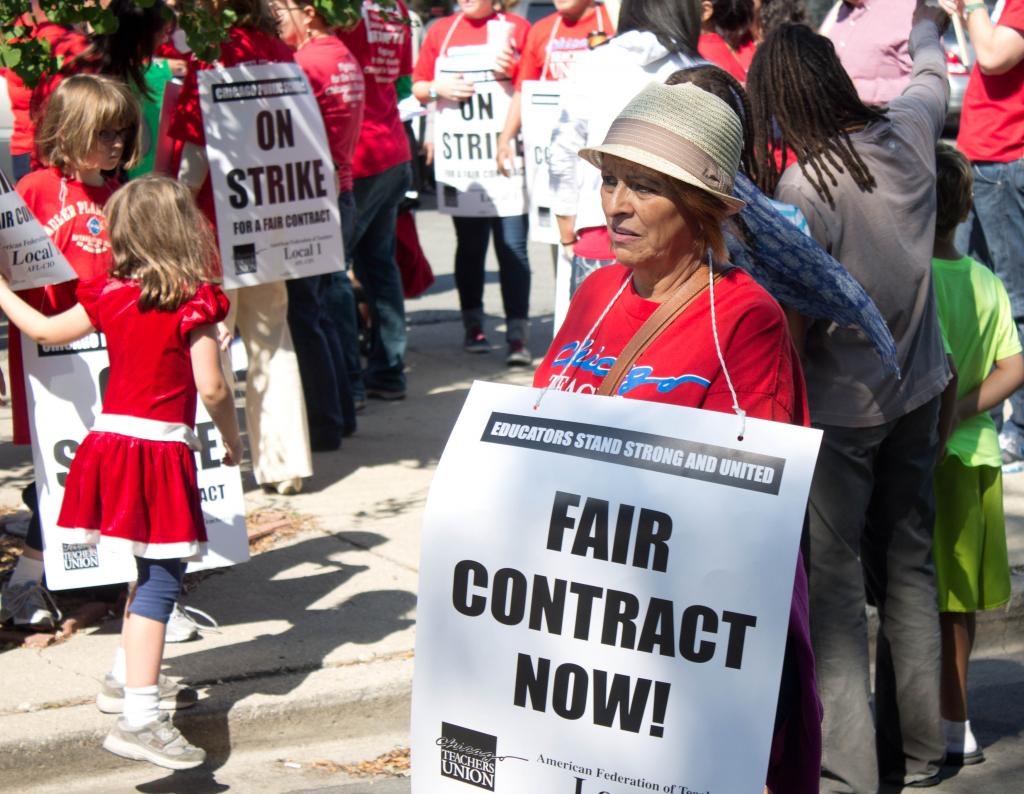Quite some time ago, there was a report making the rounds about an adjunct French professor, Margaret Mary Vojtko, who was so cruelly underpaid by her university that she was living in poverty and unable to pay for her medical care, dying homeless and alone. My blog post at the time, “The Curious Case of Margaret Mary Vojtko,” the first piece I wrote that got any substantial number of pageviews, expressed my skepticism of the story — after all, she was 83 years old; if she was homeless and impoverished, it was an indicator of the failure of our safety net for the poor elderly, not of the injustices of underpaid adjunct professors. And I objected to turning her into a poster child for adjunct unionization.
Turned out, the story was even more complex than that. According to
research by Slate.com, after the big viral story quieted down, she was a hoarder — which prevented her from seeking help repairing the furnace in her longtime home, or from moving to an apartment that she could better manage, or generally accepting help. And, in the name of protecting her privacy, those around her who recognized that she needed help, didn’t push further.
I’m reminded of this in reading about the new developments in the case of “Jackie” the University of Virginia sexual assault maybe-victim. For those living under a rock, Rolling Stone published an explosive article alleging that this woman, identified only as “Jackie,” was brutally gang-raped at a fraternity party, by 7 men, as a particularly heinous initiation requirement, and that both her friends at the time, and the university administration afterwards, discouraged her from contacting the police. These allegations led to the university suspending all fraternity activity until January, at all fraternities, as a sort of collective punishment. And, after the article was published, skeptic after skeptic has questioned details that don’t add up: a fraternity initiation, when rush occurs in the spring, not the fall, there; a date party at the fraternity when no such records exist for the date identified; identifying details for the rapist that don’t match up to any possible individual; claims of injury that would leave her needing desperate medical attention that couldn’t be brushed off; the unspeakably cruel friends who advised her to shut up about the incident to avoid harm to their social prospects, and so on.
I had figured, though, that there was, at its core, a true event, which, for whatever reason, had become exaggerated. Now, there’s
a new piece in the Washington Post which calls into question the entire event: the “callous friends” (who, as you can imagine, also dispute that they told Jackie not to report the attack; they say they urged her to act and she declined) say that the very date may not have occurred at all, because the man in question may have been, well, imaginary. Pre-“date,” these friends exchanged text messages with him; Jackie also showed them a picture, which appears to have actually been pulled from facebook, and gave them a name, which doesn’t match up with any actual U-Va. student. Conceivably this could have been deceit on the part of this mystery rapist, but for the fact that she said he was in her chemistry class. Anyway, it’s looking very unlikely that these events actually happened — as that would essentially require that her former friends be lying now, when they have nothing to gain from it.
Was (is?) “Jackie” a pathological liar? Did she concoct the story to gain attention and sympathy from her friends, especially the friend whom she had a crush on? Did she grow the story intentionally, to cement her place within the anti-sexual-assault movement (which became her new friendship circle)? Or is she dealing with mental illness? Is this no longer the story of sexual assault on university campuses, but of something different entirely? — whether a simple hoax like the Manti Te’o case or something more complex.
In any event, unless there are even more twists (and so far there already are more twists than a Law and Order: SVU episode), this seems to be much more about a freshman trying to find her place in the unnatural environment of a university campus, and making some very poor choices in the process, than anything else.
And yet already it seems that the university administration, and university president Teresa A. Sullivan in particular, are doubling down on the focus on sexual assault prevention, according to an article that this Post piece links to.












